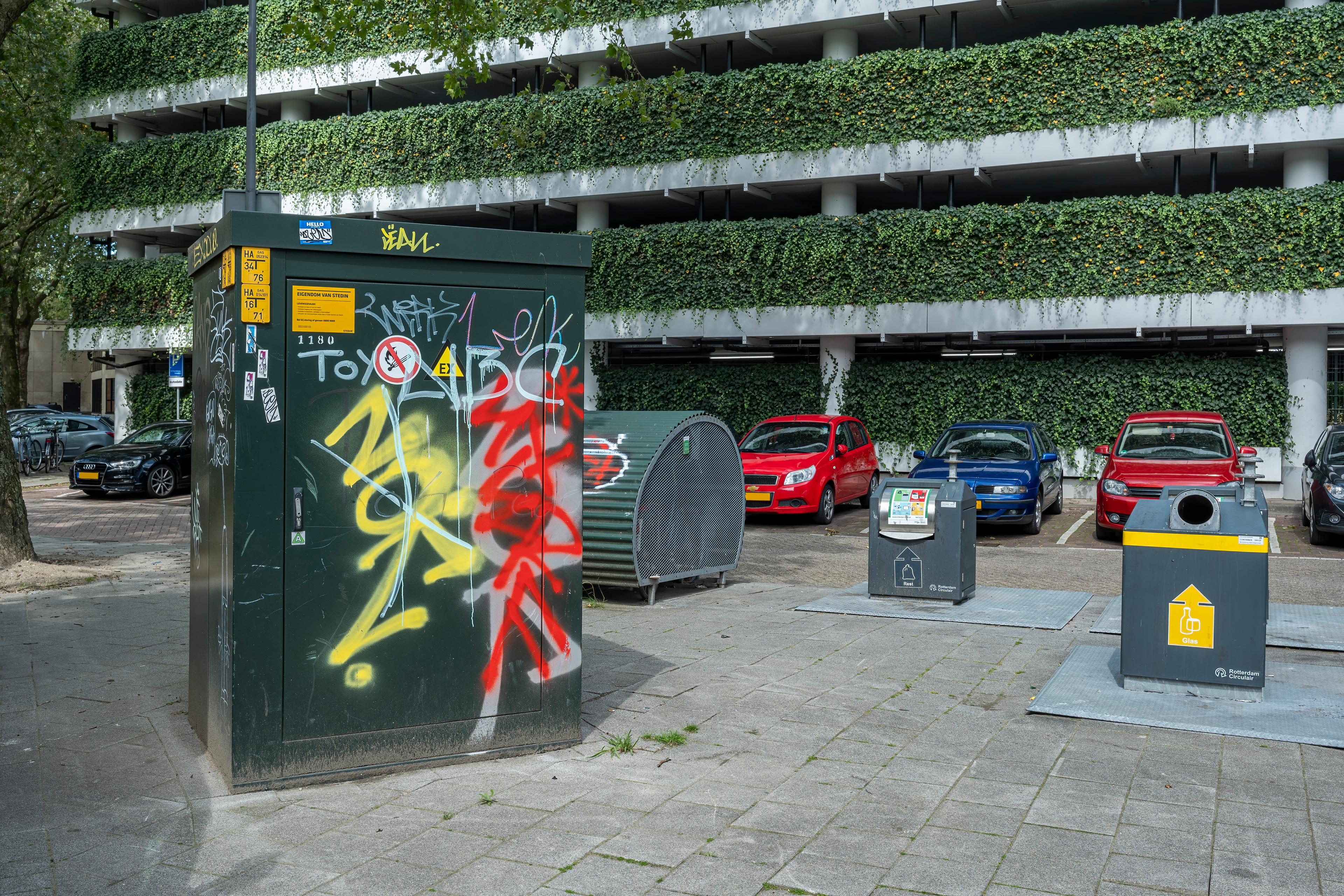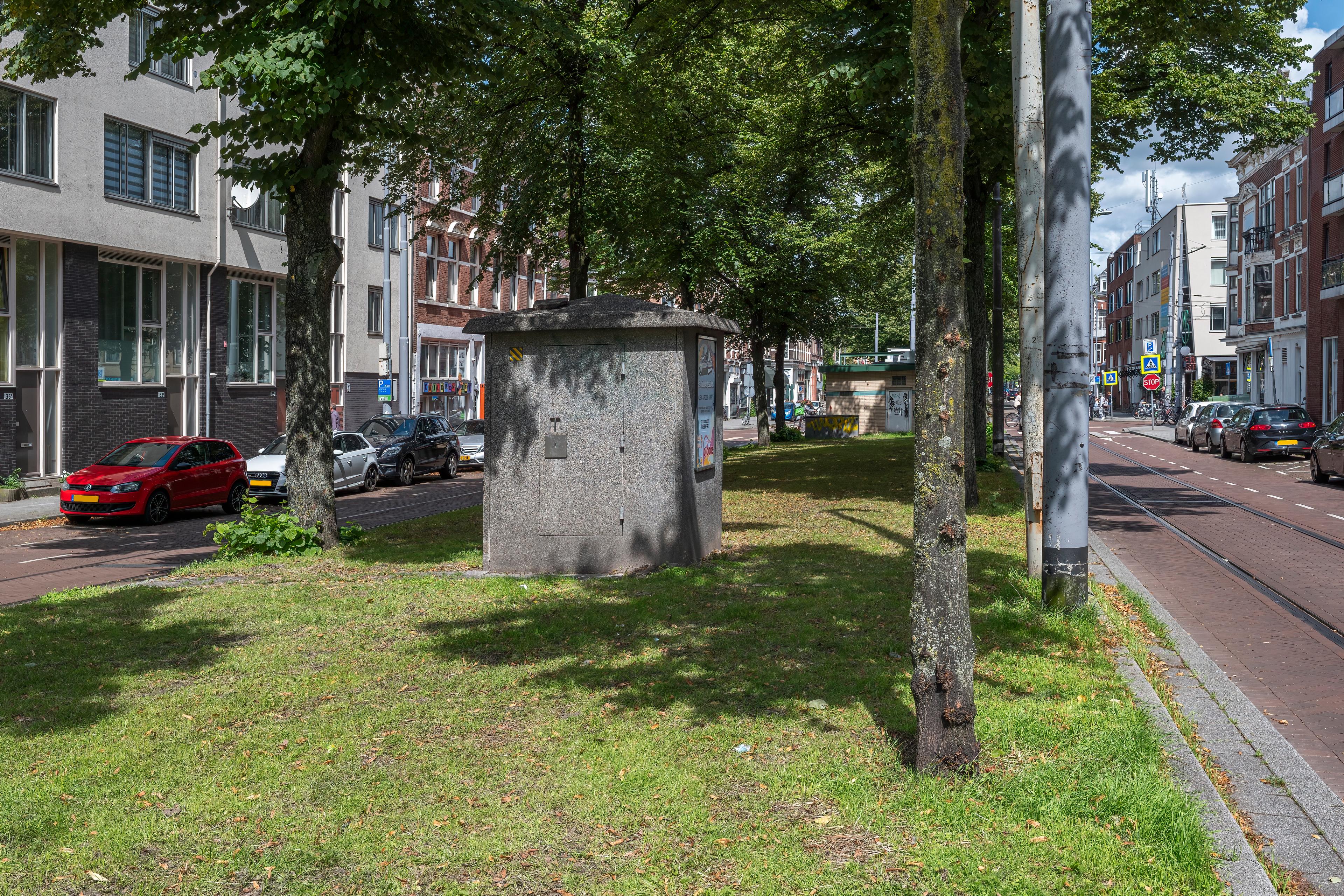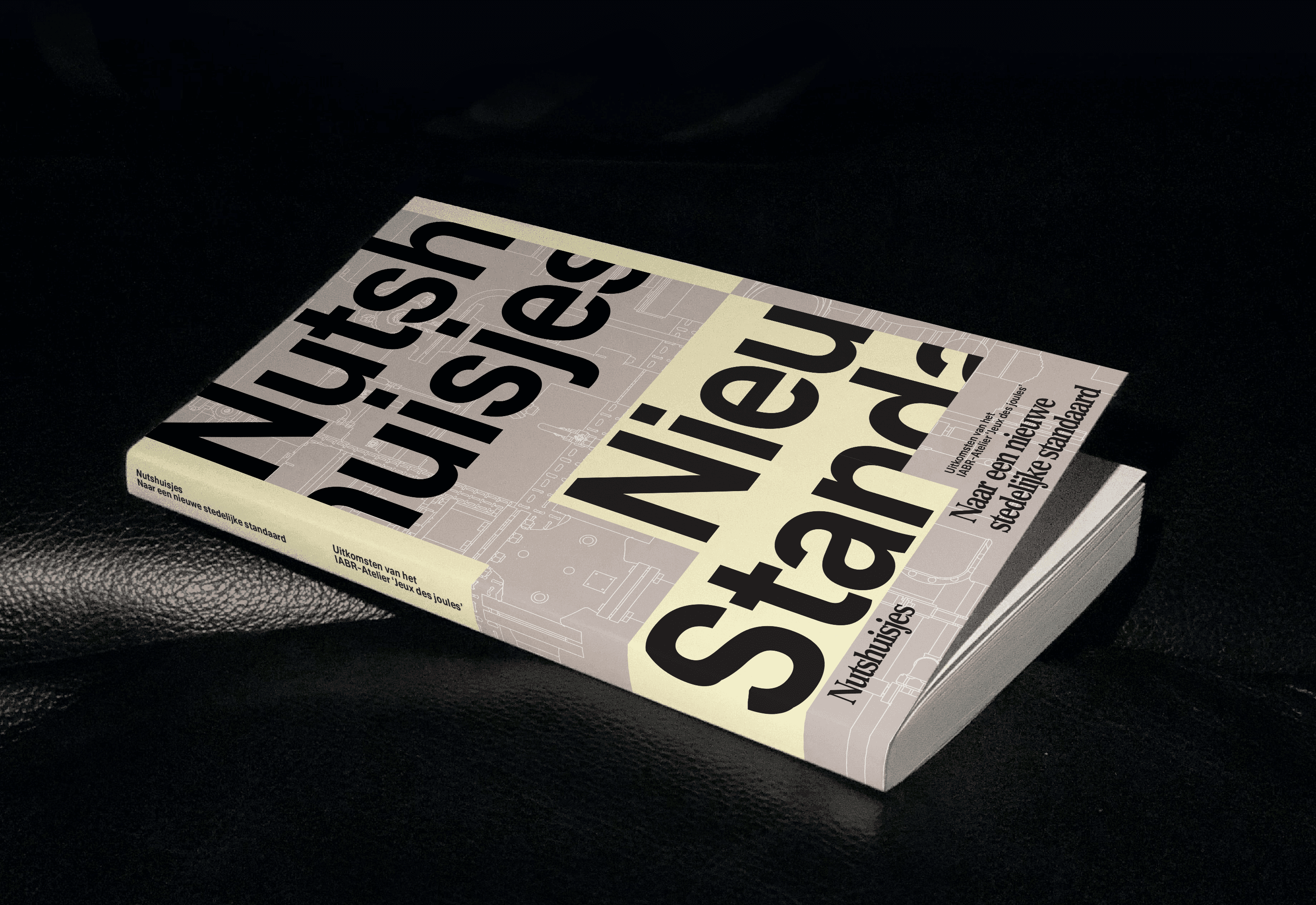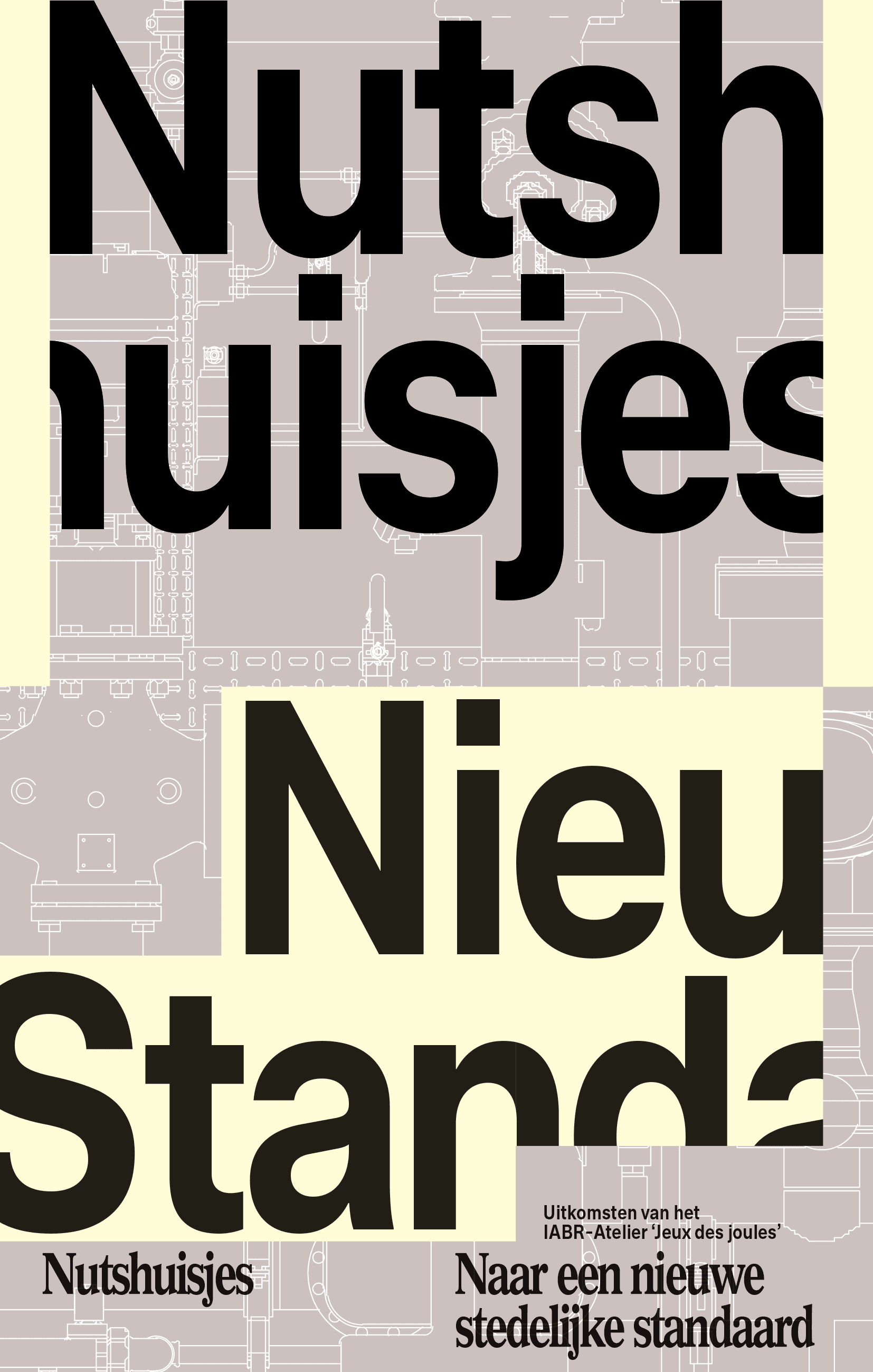The transition to renewable energy has major spatial implications in terms of urban design, infrastructure, and energy production. This energy transition has profound sociocultural, economic, and political implications and offers opportunities to discover a new energy economy and social cohesion.
This may seem small, but these substations will become a feature in the streets throughout the Netherlands. The research outcomes will be showcased at the next edition of the IABR.



